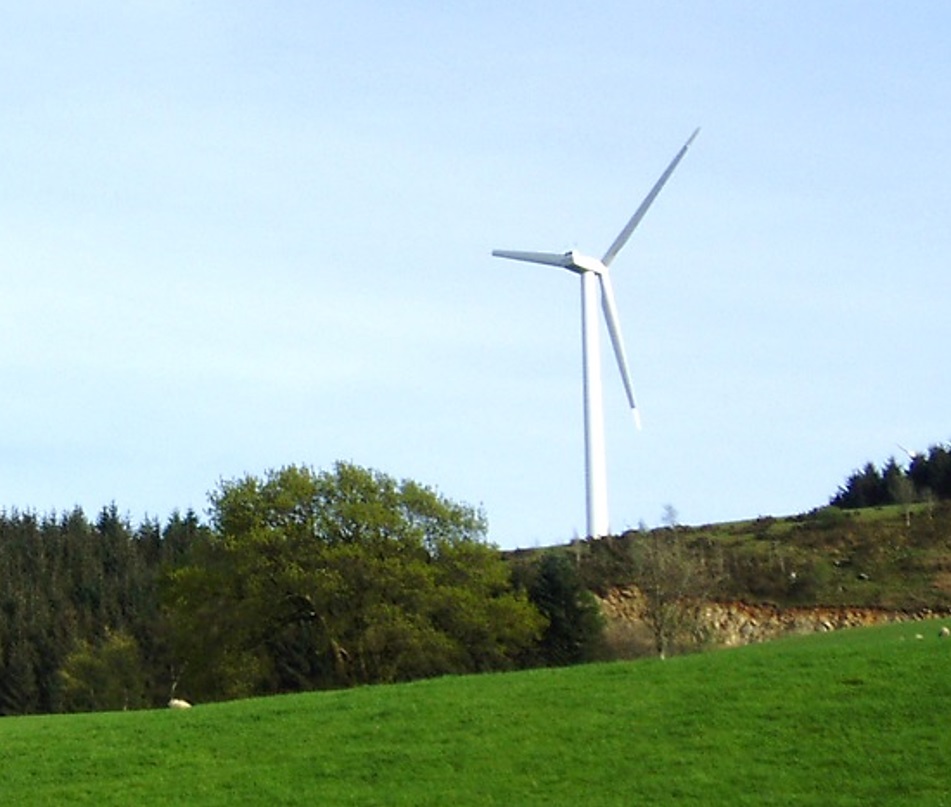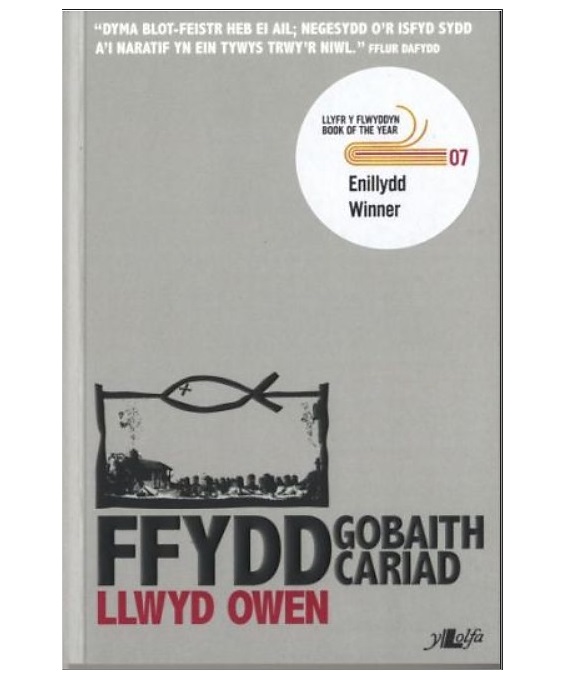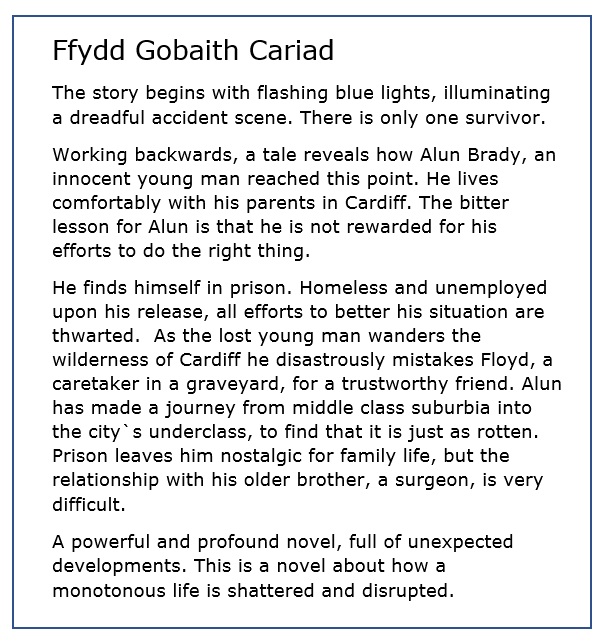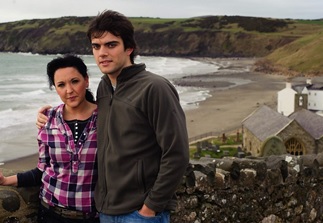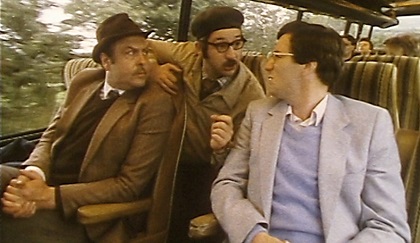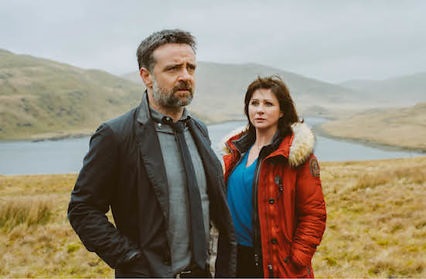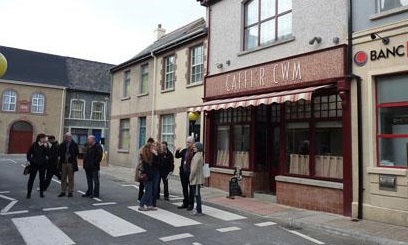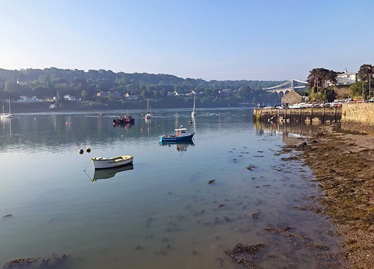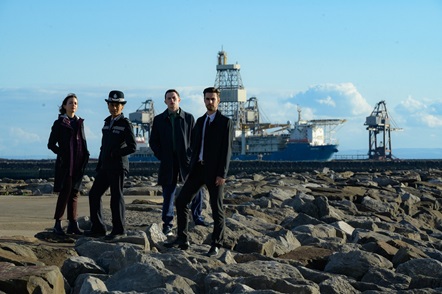Wind farms
Building more wind farms could destroy the Welsh landscape.
Campaigners accept that renewable energy is needed.
However, they are worried about the effect on the environment and tourism.
The Welsh Government has decided where large projects such as wind farms should be built.
The areas are spread across all parts of Wales, with the exception of national parks.
Some of the chosen sites are in Powys, where campaigners have fought against plans previously.
A wind farm needs high wind flow, such as on flat upland.
Areas with conifer plantations or heathland may be suitable.
These requirements fit a wide area of mid-Wales.
However, protesters say that people are visiting the area because of its wild hills and quiet natural beauty.
The developments could lead to industrialisation which destroys our landscapes.
The Welsh Government says that it is important to generate 100% clean energy by 2030.
Perhaps more energy should be produced from off-shore wind farms which have less effect on the landscape.
Translate the sentence:
Building more wind farms could destroy the Welsh landscape.
Suggested translation: (a number of alternatives acceptable)
